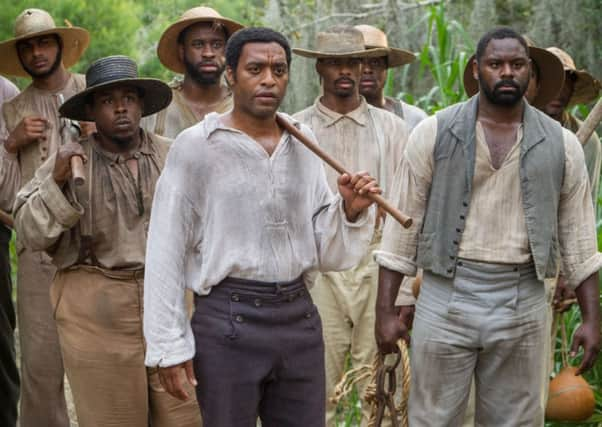It’s awards season again – but what do they really mean?


Of course there are several pat-on-the-back fests for the great and good of the entertainment industry but, at the end of the day as the sun sets over Hollywood Boulevard, only one of them really matters. And that’s the Oscars.
There are pundits who would have you believe that a course to the winners at the Academy Awards can be charted through the events that precede them.
Advertisement
Hide AdAdvertisement
Hide AdThink the Screen Actors Guild Awards, the Hollywood Foreign Press Awards (aka the Golden Globes) and our own British Academy of Film and Television Arts awards, the BAFTAs. Does it really mean anything if someone wins at all of them? Do the statistics actually represent something tangible? Is there a route to a viable conclusion that enjoys an even vaguely scientific formula? Or does it come down to people voting with their guts: if they like a film or an actor, then that’s that?
Certainly there appears to be a sense of certain individuals being a shoo-in. Last year it was Daniel Day Lewis for his performance as Abraham Lincoln in Steven Spielberg’s sluggish quasi biopic; this year it appears to be Cate Blanchett, star of Woody Allen’s Blue Jasmine. Seemingly all she has to do is turn up at the Oscars and she’s guaranteed to win as Best Actress.
There is talk that the BAFTAs, SAG awards and the Globes don’t amount to much in the crystal ball-gazing fraternity of folk who spend much of their professional lives frantically forecasting and energetically gossiping over who will or won’t get what. And if that is the case then what price our own red carpet and the luminaries that attend?
I disagree that the BAFTAs are pointless or a poor indicator of where the Oscars will go. There was something intriguing about last Sunday’s awards and much of it was down to the divide between old and new.
Advertisement
Hide AdAdvertisement
Hide AdOld was represented by “traditional” filmmaking in the form of Steve McQueen’s 12 Years a Slave and David O Russell’s American Hustle. The stars from both films were present. So were the people behind Gravity – “new” filmmaking that made the best of some eye-poppingly impressive technology.
As the night wore on so awards were distributed evenly with Gravity picking up some of the key technical gongs whilst McQueen’s uncomfortable portrait of white-on-black subjugation won best film and best actor for Chiwetel Ejiofor. Russell’s picture had to be content with best supporting actress (for Jennifer Lawrence), best original screenplay and best make-up. I Russell will fare better at the Oscars on March 2.
Gone are the days when movies would sweep the boards. Now it is incumbent on voters to recognise the huge changes in the industry. Gravity has proved that. But on the night it may yet be traditional movie-making that triumphs.